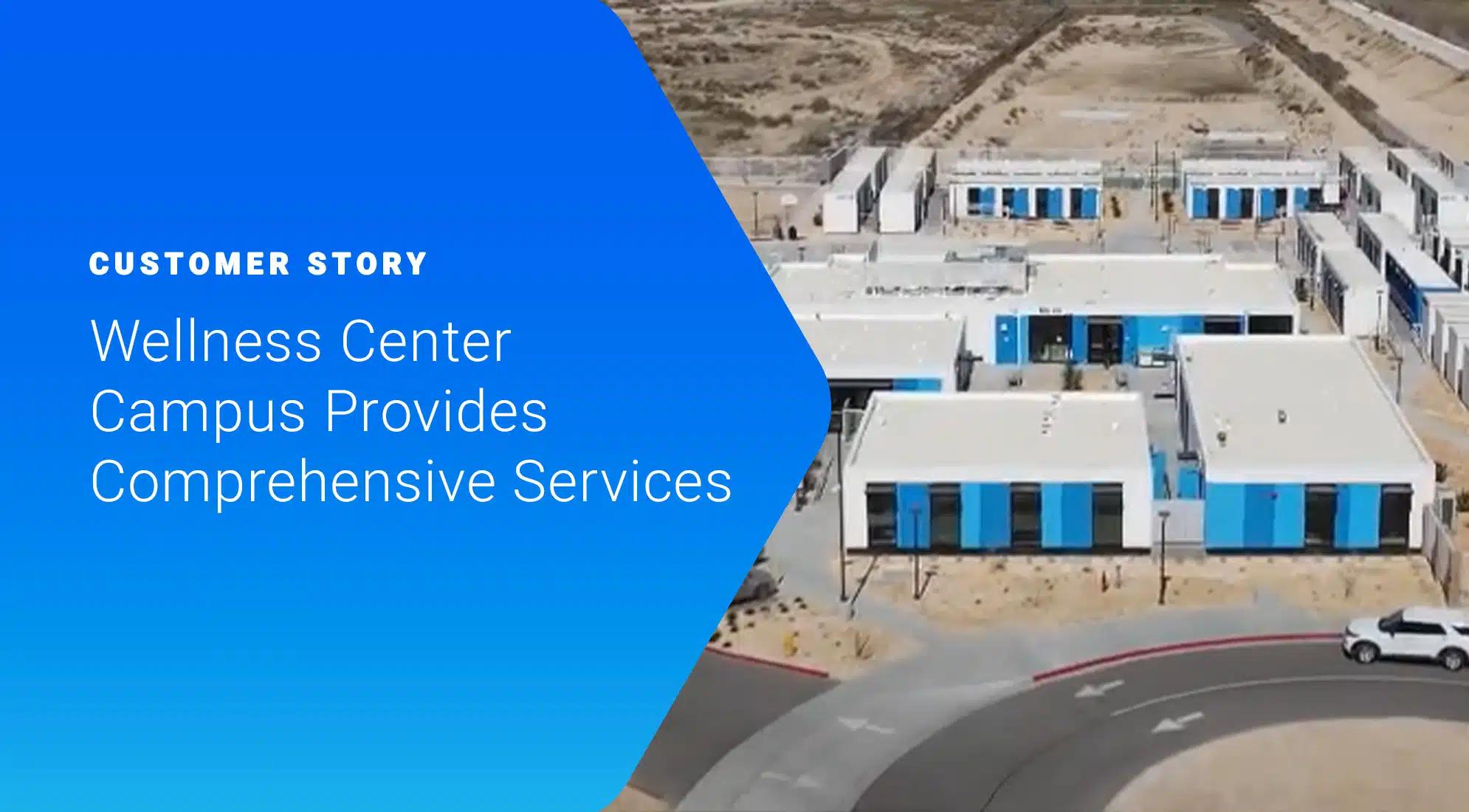Key Points:
- What Is Job Order Contracting (JOC)?
JOC is a procurement method that allows contractors to perform multiple construction, renovation, and repair projects under a single, competitively awarded contract. Instead of bidding on each project individually, contractors bid once by applying an Adjustment Factor to a Construction Task Catalog® (CTC)—a database of over 275,000 unit-priced tasks. This streamlines project starts and reduces administrative overhead. - How Does Pricing Work and Stay Fair?
Contractors use the CTC to price jobs, applying their Adjustment Factor (typically between 0.8 and 1.2) to account for overhead and profit. To ensure fairness and market alignment, prices are recalibrated annually using the City Cost Index (CCI), which reflects local market conditions. This protects both contractors and owners from market volatility. - What Are the Contractor Expectations?
JOC contractors often serve as the primary point of contact for project execution, especially in pre-construction planning. While they can bring in specialists for complex tasks (e.g., permitting or design), they’re expected to manage timelines, quality, and communication—making collaboration and responsiveness key to success in JOC programs.
What Contractors Ask Us About Job Order Contracting
The construction industry is constantly evolving, with new methods and processes emerging to streamline project completion. One such innovation is Job Order Contracting (JOC). Competent, collaborative contractors are key to the success of any JOC program, but many construction contractors are still unsure what JOC is and how it benefits them.
Let’s look at questions contractors frequently ask about Job Order Contracting.
1. What is Job Order Contracting?
JOC is a procurement method that allows contractors to work on multiple repair, renovation and new construction projects under a single, competitively awarded contract. This approach stands in contrast to traditional bidding, where each project is individually bid. With JOC, competitive bidding is done one time and in advance, saving contractors the time and hassle of repeated bidding and allowing them to begin projects faster than traditional project delivery methods.
2. How do contractors bid on JOC if they don’t bid on individual projects?
The Gordian Job Order Contracting bid process begins with a Construction Task Catalog®, or CTC. Researched and verified by our construction experts, the CTC is a comprehensive database that provides contractors with detailed costs for over 275,000 construction tasks. Updated regularly to reflect local market conditions, the CTC includes full descriptions, measurements, prices and, where applicable, demolition costs for each task. To bid, contractors apply an Adjustment Factor to these unit prices. This multiplier, typically between 0.8 and 1.2, ensures contractors can make a profit and that project owners receive competitive pricing for every aspect of the project’s scope.

3. Preset pricing sounds great for owners, but what happens to my profit margin if the market changes?
Each year, JOC rates are recalibrated based on the City Cost Index (CCI). This ensures that your pricing stays competitive and fair, year after year.
4. How long has Job Order Contracting been around?
Job Order Contracting was created in 1982 by Gordian’s founder, Harry H. Mellon, to tackle the demanding requirements, tight timeframes and stringent competitive bidding requirements at U.S. Army facilities in Europe. Mellon brought his project delivery innovation stateside in 1990 when he founded Gordian. Today, there are thousands of active Gordian Job Order Contracts that help organizations across North America complete more than $4 billion in construction volume annually.
5. What’s expected of contractors during pre-construction?
With JOC, you often become the primary contact for project timelines and quality, reducing the need for additional managers. However, for more complex tasks requiring design or permits, you can bring in the necessary specialists.
You’ll participate in a job walk called a Joint Scope Meeting, where you can offer professional insights and opportunities for value engineering, potentially resulting in cost savings and greater trust between you and the organization.
After the Joint Scope Meeting, you’ll use the CTC to develop a Price Proposal that reflects the Detailed Scope of Work. The Price Proposal includes only the tasks required to complete the job, the accurate quantities of each task with calculations and the correct Adjustment Factor(s). Gordian and the owner will review the Price Proposal. Once it satisfies all parties, the owner issues a Purchase Order (PO) for the work.

6. How are change orders handled once a JOC project begins?
A thorough examination of the site and a complete understanding of project goals results in minimal change orders. However, construction, like life, is full of surprises. Should a project’s scope change, the team follows the same process outlined in the previous question: A Joint Scope Meeting followed by Price Proposal development and review followed by a PO. These new tasks are priced from the CTC.
7. How do owners benefit from Job Order Contracting?
Project owners turn to Job Order Contracting year in and year out primarily because it offers a handful of advantages over other procurement methods:
- Time Savings: JOC streamlines the delivery process, reducing the time to construction by as much as 25%, according to a report by NIGP and Gordian. This expedited process eliminates the need for separate bid packages, advertising and distribution for each job. This is particularly helpful in the public sector, where funding must be expended by a given deadline.
- Cost Savings: Cost efficiency is a cornerstone of JOC. Project owners avoid the redundancy of the traditional procurement cycle for each project, resulting in significant cost reductions.
- Quality Work: JOC ensures quality by involving contractors at the very beginning of a project. This early collaboration allows contractors to provide valuable input on the most effective ways to complete the work, aligning with the owner’s expectations for quality and timely delivery. The performance-based nature of JOC contracts motivates contractors to excel, fostering long-term, collaborative relationships with project owners.
- Achieving Participation and Inclusion Goals: Gordian JOC promotes opportunities for local, minority and women-owned subcontractors. In fact, 35% of Gordian JOC contractors hold a minority certification. Project owners approve all subcontractors, ensuring that each job aligns with community values and legal requirements.
8. What does it mean that JOC is performance-based?
Simply put, the better work a contractor does on the first job, the more likely they are to get the next job. Remember that JOC is not a project. It’s a program, a partnership. The better, more collaborative partner a contractor proves to be, the more inclined an owner may be to continue that partnership.
9. How do I get involved in a JOC program in my area?
Gordian regularly holds information sessions about JOC contracts going out for bid. These presentations lay out the particulars of upcoming opportunities and give contractors a chance to ask questions before bidding begins.
It is important to note that organizations may possess a standalone, customized Gordian JOC contract tailored to their needs or access a shared JOC contract via a purchasing cooperative, a group purchasing organization (GPO) or an interlocal agreement. Cooperative JOC contracts (known as ezIQC® in some areas) are nearly identical to their standalone counterparts, but pricing is more regionally-based and less specific, and the contract details are the purview of the organization that holds the master contract.
10. How can I get more information on Gordian JOC programs?
Find out more about Job Order Contracting by visiting our dedicated contractor page or by reaching out to our team who is ready and eager to answer your specific questions.






